Types of Digital Products
Websites today come in various forms, making it challenging to determine the best option based on your specific needs. Factors such as the number of pages, design preferences, and desired features can complicate the decision-making process. Fortunately, a reliable Digital Design firm can provide valuable assistance. Drawing on their history and experience in building websites of all kinds, they offer a tremendous value proposition.
In general, a large majority of websites fall into the “Marketing” category.
Marketing Websites
As a small business owner or entrepreneur, starting with a marketing website is usually the most effective approach. Marketing websites are easier to manage and do not require extensive time or financial resources. They are typically written in HTML code and may be managed using a Content Management System (CMS).
While HTML is the most common language, it’s essential to consult with your developer to understand which programming languages will be implemented in your project. Common CMS platforms used for marketing sites include WordPress, Joomla, Drupal, Shopify, Magento, and Woocommerce (a WordPress plugin). These systems are user-friendly, requiring minimal technical skills to operate.
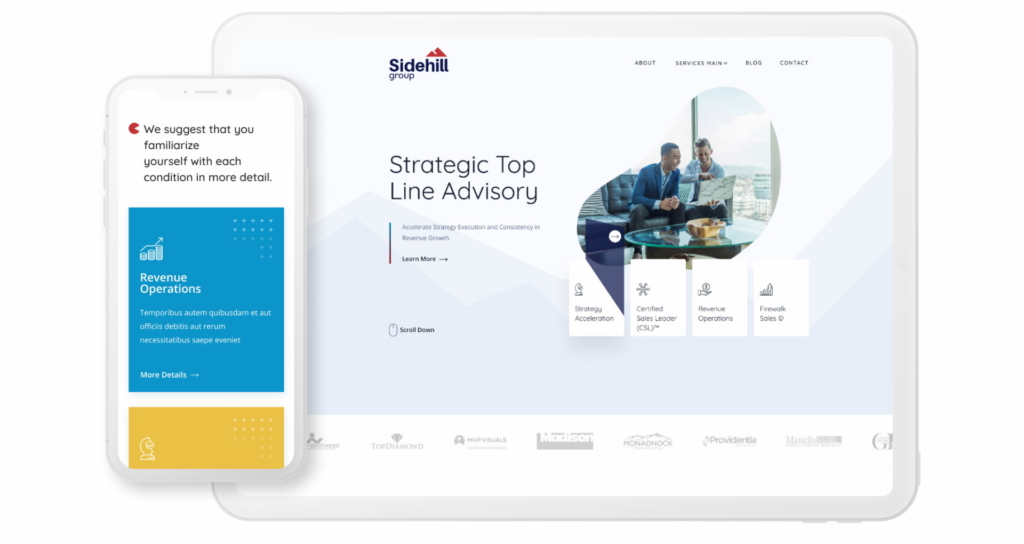
E-commerce websites
E-commerce websites are among the most popular types of interfaces, representing notable brands such as Amazon, Apple, Walmart, Nike, H&M, GoDaddy, Samsung, and Expedia. These websites allow consumers to purchase products and services directly from their checkout pages or shopping carts. Key features of e-commerce sites may include:
- Product search, review, and recommendations
- Detailed product descriptions
- Product images
- Usage instructions and how-to videos
- Frequently Asked Questions (FAQs)
- Returns, cancellations, and warranties
- Rewards and loyalty programs
- Coupons, discounts, and promotions
- Shopping carts and checkout pages
- Various payment options (debit cards, credit cards, PayPal, etc.)
- Shipping and delivery options
- Order tracking and information
- Membership, subscriptions, and wish lists
- Affiliate programs and referral links
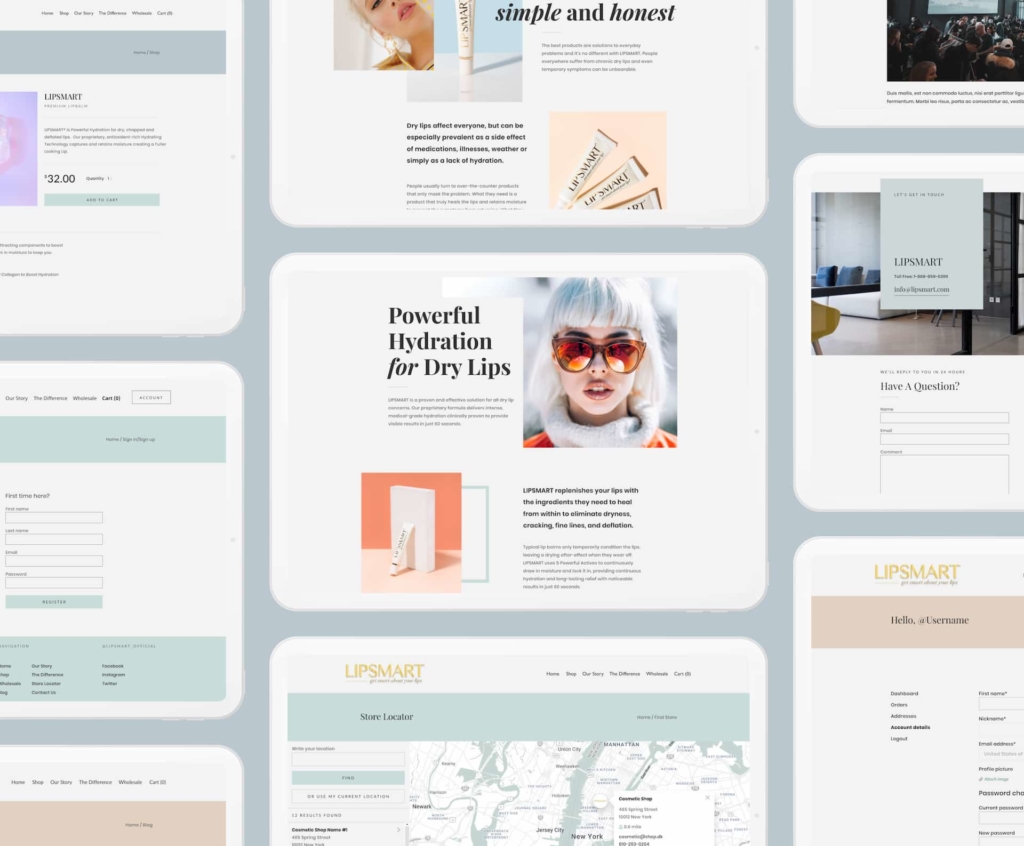
Landing pages
Landing pages, also known as splash pages, capture pages, or lead magnets, serve as a single-page website designed to capture visitors’ attention and contact information instantly. They are effective for lead generation and enhancing the effectiveness of online advertising. A well-designed landing page focuses on a specific product or service, minimizing distractions and increasing conversion rates.
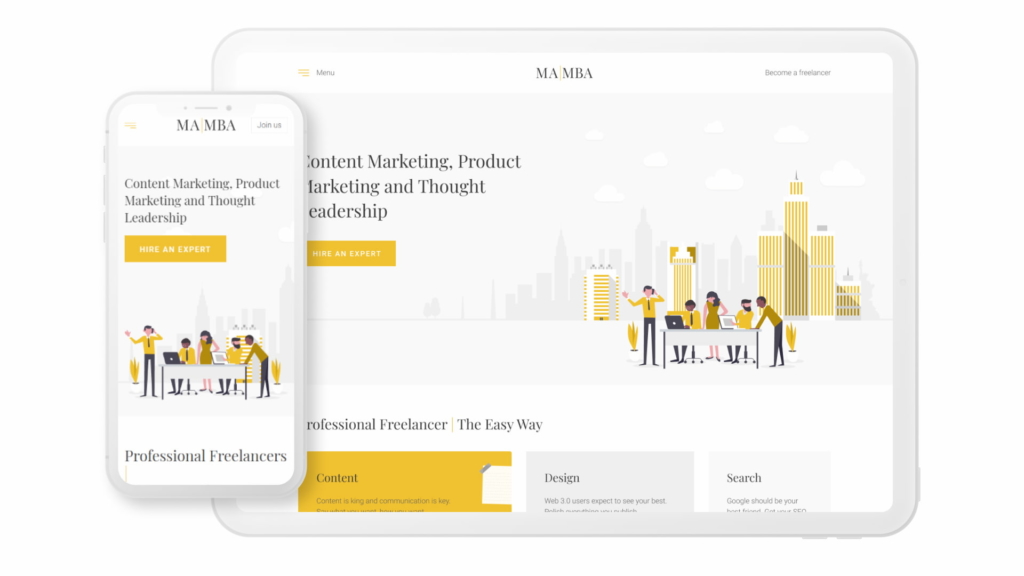
Catalog Websites
Catalog websites are commonly used by hardware manufacturers and contain detailed information about their products. These sites provide extensive descriptions, technical data, requirements, serial numbers, and prices for each product. Catalog websites are often used for specialized products that cannot be purchased online, such as cars, special equipment, or metal.
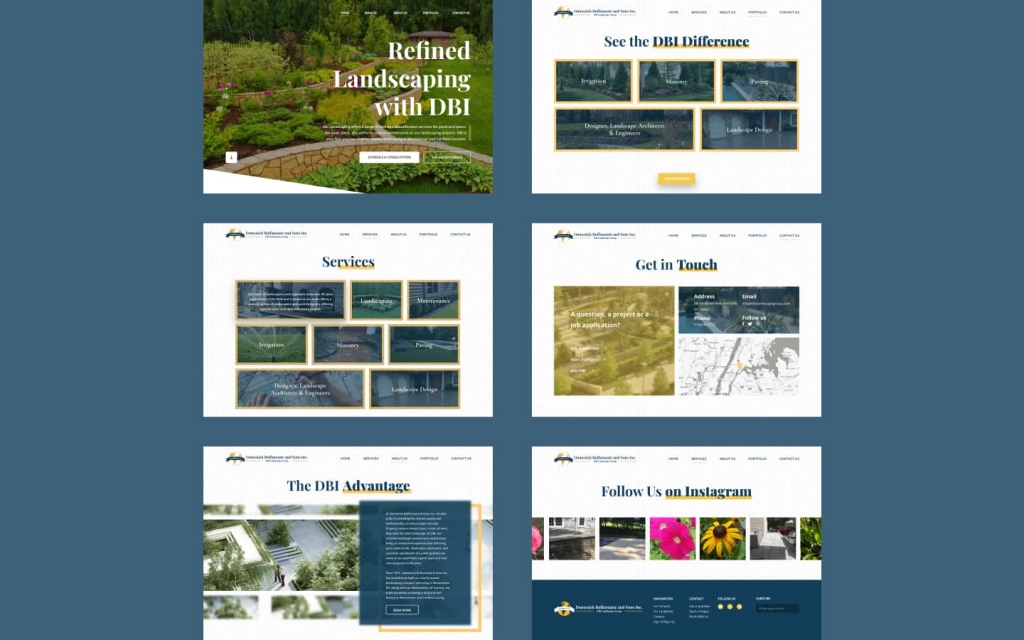
Promotional Websites
This is a website designed to promote a single brand. It usually presents a new product, service, promotion, game, or competition. The design of the page plays the main role. It emphasizes high-quality visualization and interactivity. Typically, promotional websites are used to launch a new brand, and many times, multiple promotional websites are used at the same time to attract different audiences and based on A/B testing requirements.
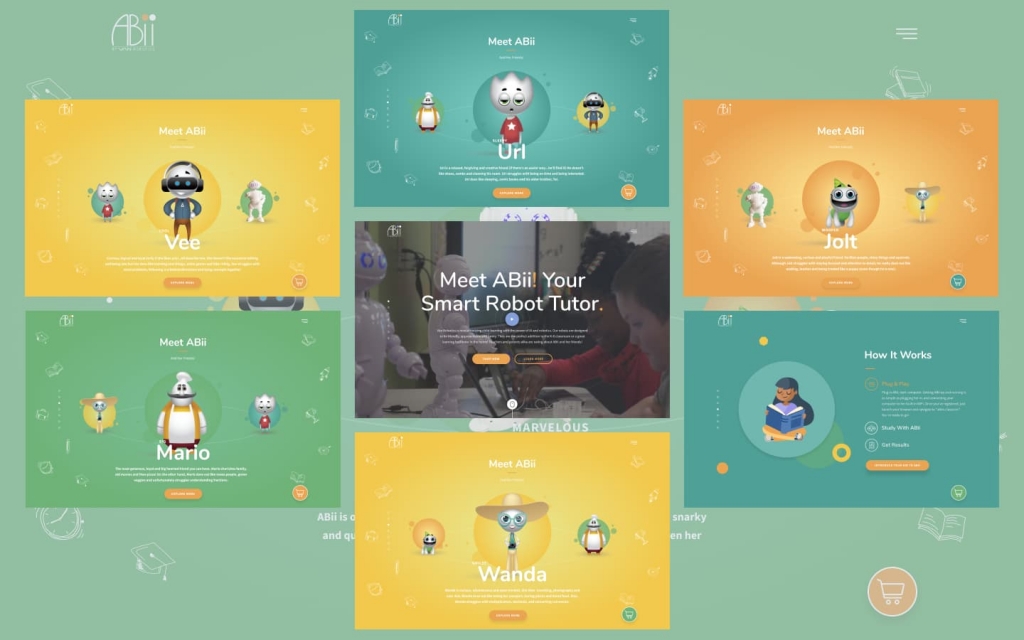
Blogs
Blogs are a type of website that presents information in reverse chronological order, with newer content appearing first. They are typically run by individuals or small groups of people and are known for their conversational style. Blogs cover a wide range of topics, including personal opinions, suggestions, recommendations, and thought leadership. Many blogs also feature comment sections for readers to provide feedback. Some bloggers monetize their blogs through sponsored content or affiliate links, making them a powerful promotional tool for brands.
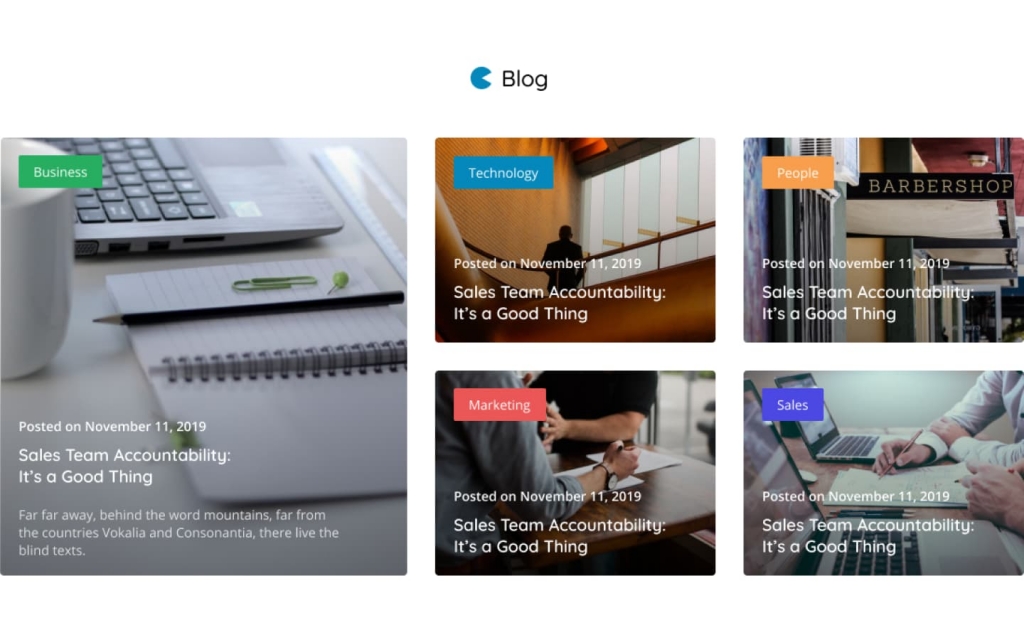
Info Pages
Info pages are simple one-page websites that provide basic information about a business. They serve as digital business cards, allowing others to easily find and contact the company. Info pages may include industry descriptions, history, business information, management/leadership teams, payment options, addresses, contact details, and a brief overview of products or services offered.
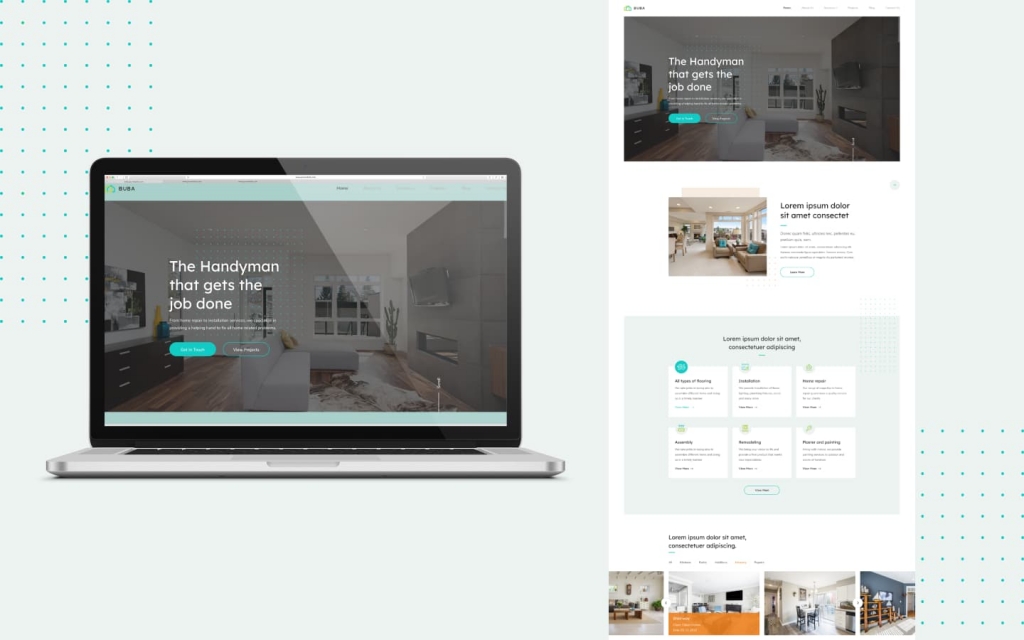
Knowledge Portals
Knowledge portals offer detailed information on specific topics. Users can sign up for newsletters, search for information, and engage with others through forums or chat features. These portals enable sharing of questions and answers, fostering a sense of community among users seeking knowledge on a particular subject.

Web Portals
Web portals, exemplified by platforms like Yahoo, Google, and Bing, provide a wide range of services such as email, news, weather, search, and chat rooms. These portals aim to be a one-stop-shop, catering to a broad audience and generating substantial advertising revenue.

Corporate Portals
Corporate portals serve both internal and external purposes. Public corporate portals present a company’s story separate from its products or services. They typically include information about management teams, board of directors, news, stock prices, SEC filings, and an overview of operations.
Internal corporate portals are not intended for public consumption but rather serve as a communication vehicle for employees. They may include human resource channels for payroll statements, career sections for job postings, company policies, and relevant employee news. Large conglomerates often have public corporate portals with a separate employee login section for private and confidential information.

Internal corporate portals are not intended for public consumption but rather serve as a communication vehicle for employees. They may include human resource channels for payroll statements, career sections for job postings, company policies, and relevant employee news. Large conglomerates often have public corporate portals with a separate employee login section for private and confidential information.
Customer Relationship Management (CRM)
A Customer Relationship Management interface includes a system of tools that allow users to manage their website, database, customer data, analytics and combine segmented business tools under a single umbrella. These tools could include collecting customer data, transaction management for analysis, management control services, and forecasting. CRM’s can be automated for routine processes, accelerate the process of analyzing key criteria to help with decisions, and the automated functionality helps to eliminate errors significantly.
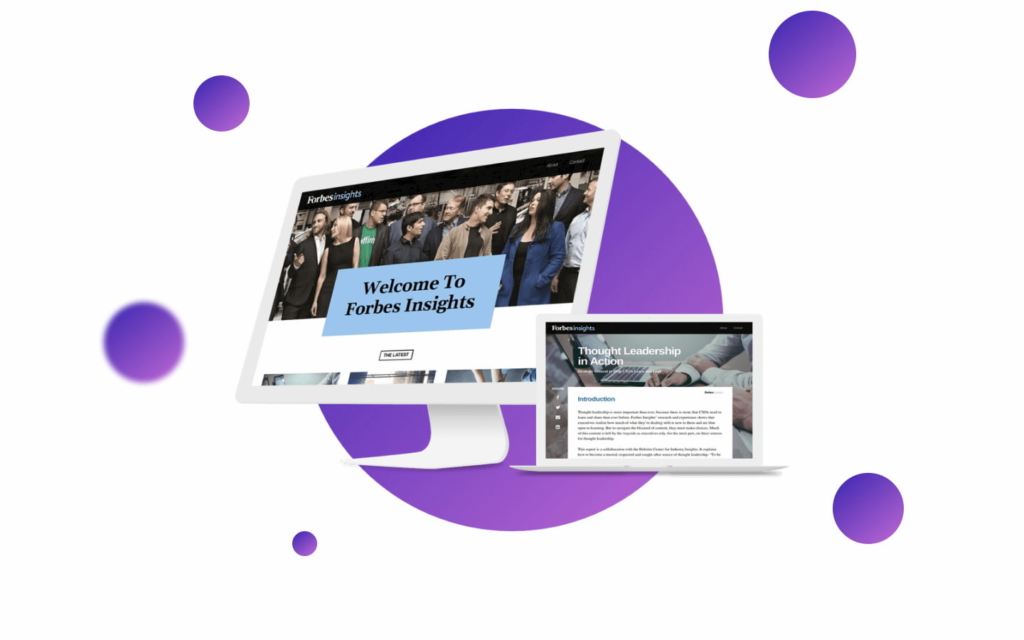
Mobile Apps
Mobile apps have gained immense popularity, particularly in regions where technology is less established. These apps cater to users’ immediate needs, offering services such as weather reports, meeting calendars, mobile shopping, banking, GPS, and countless other applications.
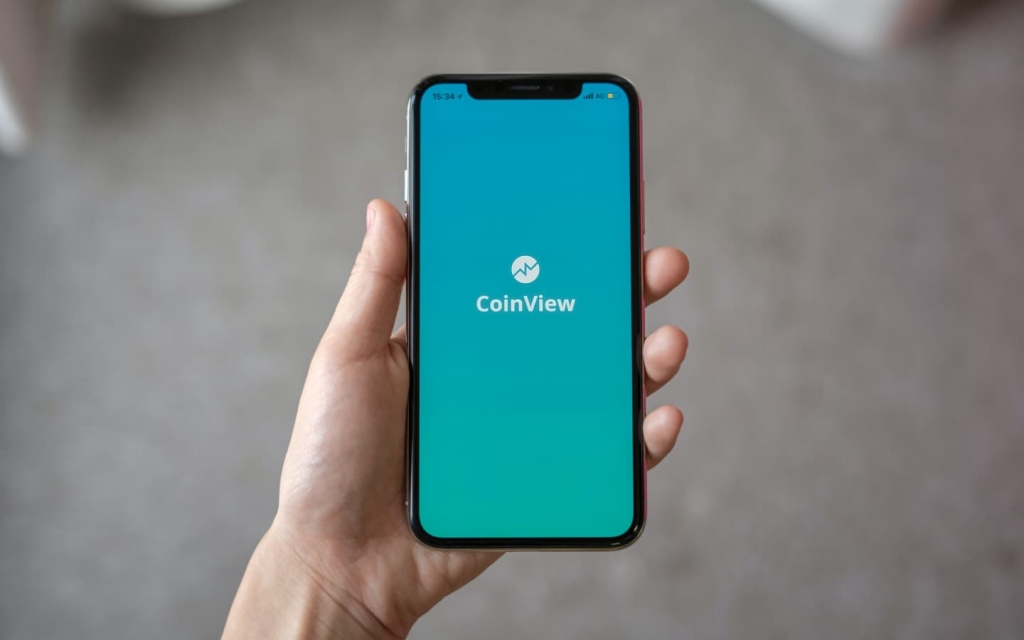
By understanding the different types of digital products available, you can choose the most suitable option to achieve your specific goals. Each type offers unique features and benefits, allowing you to create a compelling digital presence that meets your audience’s needs. Whether it’s a marketing website, e-commerce platform, landing page, blog, or knowledge portal, the world of digital design provides endless possibilities to engage and connect with users.









